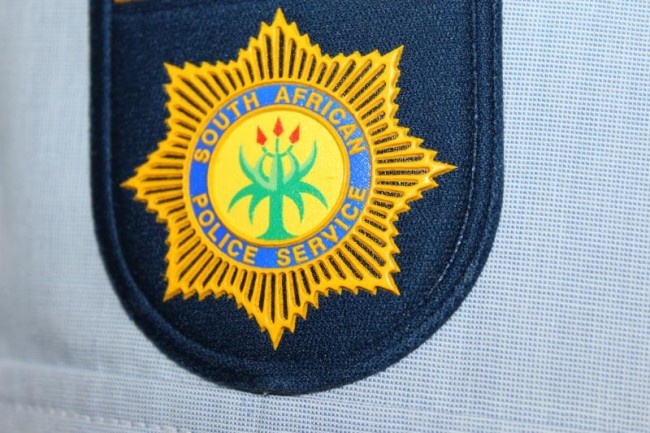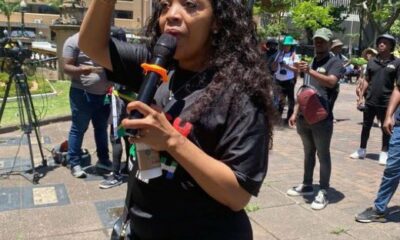News
‘No Moral Standing’: Saps Faces Mounting Pressure to Act on GBVF Within Its Ranks

Experts and activists say police culture enables abuse and demand harsh sentences for officers who violate the very laws they are sworn to uphold.
When law enforcers become lawbreakers
South Africa’s war against gender-based violence and femicide (GBVF) is being undermined from within, by those who should be leading the fight.
In a scathing critique of the South African Police Service (Saps), civil society and experts are demanding tougher action against officers implicated in GBVF crimes. The call follows a troubling update from the Independent Police Investigative Directorate (Ipid), revealing that in the 2024-2025 financial year alone, 92 rape cases involving police officers were finalised. Of these, just 11 resulted in criminal convictions, and 21 in internal disciplinary action.
To many, the message is clear: accountability is not keeping pace with the crisis.
A national crisis inside a national crisis
Deputy Minister of Police Dr Polly Boshielo acknowledged the grim reality during her recent address, reinforcing President Cyril Ramaphosa’s stance that GBVF constitutes a “national crisis.”
She promised a zero-tolerance approach, including upskilling more investigators to handle sexual offences and enlisting retired officers to help with a growing case backlog. Over R844.5 million has been allocated to investigative and coordination programmes aimed at tackling these abuses, specifically cases involving rape by officers, deaths in custody, and corruption.
However, critics argue that the problem runs deeper than a lack of resources.
Culture of impunity breeds abuse
According to Brenda Madumise-Pajibo, director of feminist advocacy group Wise4Afrika, too many officers treat the law as optional.
“We’ve said consistently that law enforcement officers are contaminated and highly compromised in matters of sexual and domestic violence. They have no moral standing to uphold the rule of law,” she said.
Her words strike at a broader concern: that Saps is failing to root out a toxic culture where perpetrators in uniform continue to re-victimise those they’re meant to protect.
Criminologist Witness Maluleke, from the University of Limpopo, agrees. He says the Saps code of conduct is routinely ignored, especially by officers who abuse their power dynamics.
“They break the same laws they swore to enforce. Instead of offering protection, they retraumatise victims. These officers should face heavy sentencing, not light slaps on the wrist,” Maluleke said.
Behind the numbers: What the stats don’t say
While official data points to dozens of GBVF cases involving police, activists say many incidents go unreported, especially in rural areas or under-resourced precincts. Victims are often too afraid to come forward, not just because of fear of reprisal, but also due to a lack of trust in the justice system.
In fact, a separate 2024 report found that less than 25% of Gauteng police stations have proper, private facilities for GBV survivors, like dedicated toilets or trauma rooms, further disincentivising victims from reporting.
Fixing the system: What needs to change
While government promises to bolster investigations with cyber forensic experts, financial data analysts, and a new electronic case tracking system, these tools alone won’t repair the broken trust between the public and Saps.
What’s needed, experts say, is a radical cultural shift. That means:
-
Consistent criminal prosecutions of officers guilty of GBVF
-
Independent monitoring of police misconduct
-
Mental health evaluations and gender-sensitivity training for officers
-
Stronger whistleblower protections
-
Accountability at every level, from station commanders to national leadership
No more protection for perpetrators
Until Saps cleans house and takes real action against its own, it risks losing all moral authority to police society especially on matters as sensitive and devastating as GBVF.
In the words of Madumise-Pajibo: “There is no moral standing when the badge protects not just the public, but the abuser wearing it.”
South Africa’s GBVF crisis cannot be solved without confronting the rot in law enforcement. The time for quiet reform is over. Survivors and the country deserve better.
{Source: The Citizen}
Follow Joburg ETC on Facebook, Twitter , TikTok and Instagram
For more News in Johannesburg, visit joburgetc.com



























